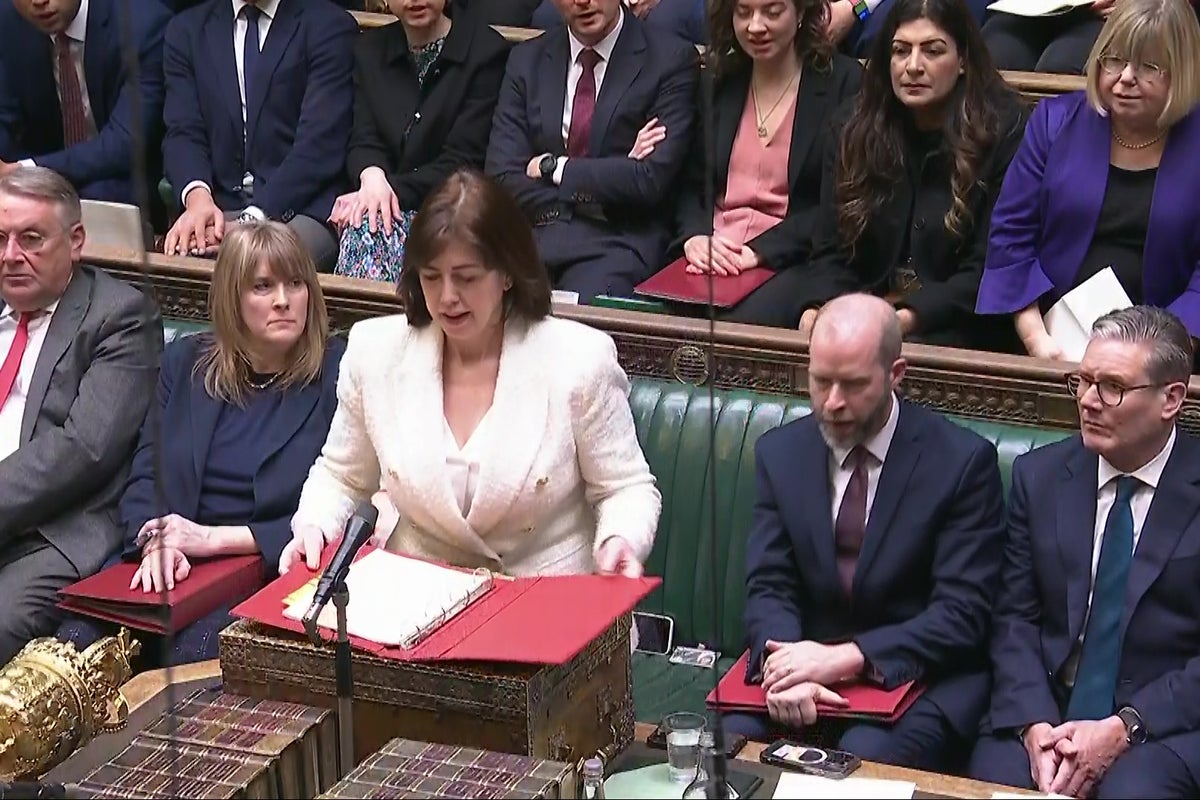Crypto Tremors: How U.S. Trade Tariffs Could Shake Digital Currency Foundations

Market Analyst Miles Deutscher Highlights Potential Market Shift with Upcoming Tariff Implementation
In a significant development that could reshape both traditional stock and cryptocurrency markets, renowned market analyst Miles Deutscher is drawing attention to the critical upcoming tariff changes scheduled for April 2nd. These new 'reciprocal' tariffs are poised to potentially trigger substantial market volatility and investor reactions.
Deutscher suggests that the implementation of these tariffs represents a pivotal moment for investors across multiple asset classes. The strategic trade policy move could introduce unexpected dynamics that may influence market sentiment and investment strategies in the near term.
Investors and market watchers are advised to closely monitor the potential ripple effects of these tariff changes, as they could signal broader economic shifts and create opportunities or challenges in both stock and cryptocurrency trading landscapes.
As the April 2nd date approaches, market participants are preparing for potential fluctuations and reassessing their investment portfolios in anticipation of these significant economic policy adjustments.







